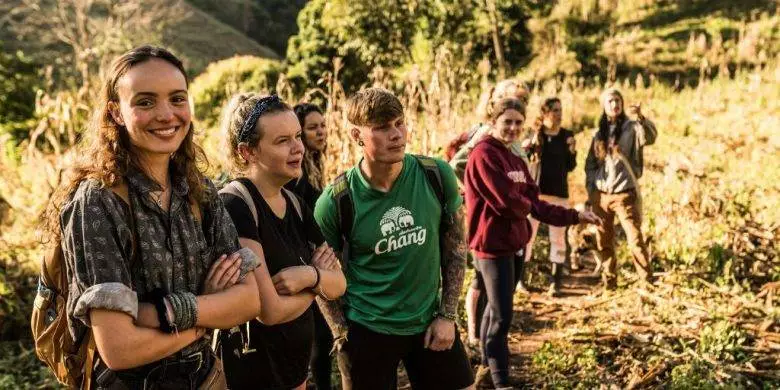Wildlife Conservation is the protection of natural species like animals and plantations. The Earth was created with a balance, however, due to overpopulation and pollution, our natural resources are diminishing at an alarming rate. Several scientific studies have concluded that we may run out of basic necessities like land, water, and energy in 40 years. In order to reverse this effect, we have to learn how to live sustainably and protect the deteriorating wildlife.
A career in Wildlife isn’t just good to pursue, but it is also something that will bring about a change in the world—it is necessary for the Earth to prosper. And it is the moral obligation of every human being to protect his home. Without the conservation of wildlife, the future seems too bleak, too empty.
Studying Wildlife Conservation
Bachelor of Science in Forestry: Any student who has completed a 10+2 with a science background can pursue BSc. Forestry: Physics, Chemistry, and Biology/Mathematics. Students can also choose to study Environmental Science, Wildlife Biology, and other related fields to get entry-level jobs in this field.
Masters in Forestry: MSc in Forestry is highly recommended for anyone who wants to pursue a career in Wildlife Conservation—as it gives one more credibility and specialization in a particular field. There are multiple choices available for MSc in Wildlife Conservation: Forest Management, Wildlife Science, Veterinary Science, and other related fields. This requires one to complete a BSc in Forestry or other close sciences.
PhD in Forestry: After an MSc, one can choose to pursue a doctorate in Forestry—this is generally done for research purposes.
There are several certificate courses available for Wildlife Conservation: many prestigious universities of the country offer these courses including IGNOU.
Wildlife Institute of India, Dehradun was announced an Autonomous Institute by the Ministry of Environment, Forest and Climate Change. For PG admissions one must have passed the NET and a Personality Aptitude Test. WII also offers diploma courses.
The Institute of Environment Education and Research, Bhartiya Vidyapeeth (Deemed to be University), Pune is an institution dedicated to research related to the environment and has been a part of several environmental policies. For its MSc courses, BVIEER asks for a Bachelor’s degree in a field related to Environmental Science or Geology with an aggregate of 50%.
Aligarh Muslim University offers an MSc in Wildlife Sciences; it is a two-year course that can be pursued after graduation from any recognized University. Admissions are based on merit.
National Centre for Biological Sciences, Bangalore offers a Masters in Wildlife Biology and Conservation and can be pursued by anyone having completed a Bachelor’s degree from any field.
Amity University, North Orissa University, AVC College, Sam Higginbottom University, University of Kota and Kuvempu University are other names that provide PG degrees in Wildlife Sciences.
While Wildlife Conservation is a Masters course, students interested in the field can pursue a BSc in Forestry from colleges like TNAU, Roorkee College of Engineering, FRI, College of Forestry, and Amity University are some renowned names.
Job Opportunities in Wildlife Conservation
- Wildlife Biologist: A Wildlife Biologist studies and analyzes the wildlife—its behaviour, habitat, nutrition and climate. Their job is to bring ways to protect the wildlife and present this information to organizations like Wildlife Protection Society.
- Forest Officer: Forest Officer is a position in state and central government. The job of a Forest Officer is to protect the forests, conduct surveys and report biological and botanical resources as well as live creatures. A Forest Officer classifies as a Group B officer.
- Wildlife Veterinarian: Wildlife Veterinarians are licensed ‘doctors’ that have specialized in curing and treating wildlife—animals, birds, reptiles etc. One can become a Wildlife Veterinarian by pursuing a B.VSc and then a Masters in Wildlife Science. They may work on the field or in laboratories and other office settings.
- Forestry Consultant: Forestry Consultants are scientists or researchers that work individually or with larger institutions to advice about the correct use of natural resources—land and tree etc.
- Forestry Scientist: Forestry Scientists are professionals who are trained to identify pests and harmful substances in Forests—they identify and cure such issues and maintain the quality of forest. They also plan on forest regeneration.
Other job opportunities available in the field of Wildlife Sciences are Entomologists, GIS Specialists, Marine Conservationists, and Agri-Credit Managers etc. Several people after completing their education chose to work with NGOs as this gives a more hands-on experience, for example: WWF.
Academia is another option to explore after completing an MSc/PhD in Wildlife Sciences, as it is a fairly untouched and novel topic. However, it is one that needs a lot of recognition, as wildlife is imperative for the survival of humankind.
While the jobs are limited in this field, they are rewarding, not just financially, but on a personal level as well—as it is something that you are doing for the environment. However, by 2025 there is a 5% hike expected in the need of Wildlife Specialists. With the hike in human population it is expected that more people will be required to study the interaction between humans and the wildlife. More importantly, it will be important to learn how both will coexist.

